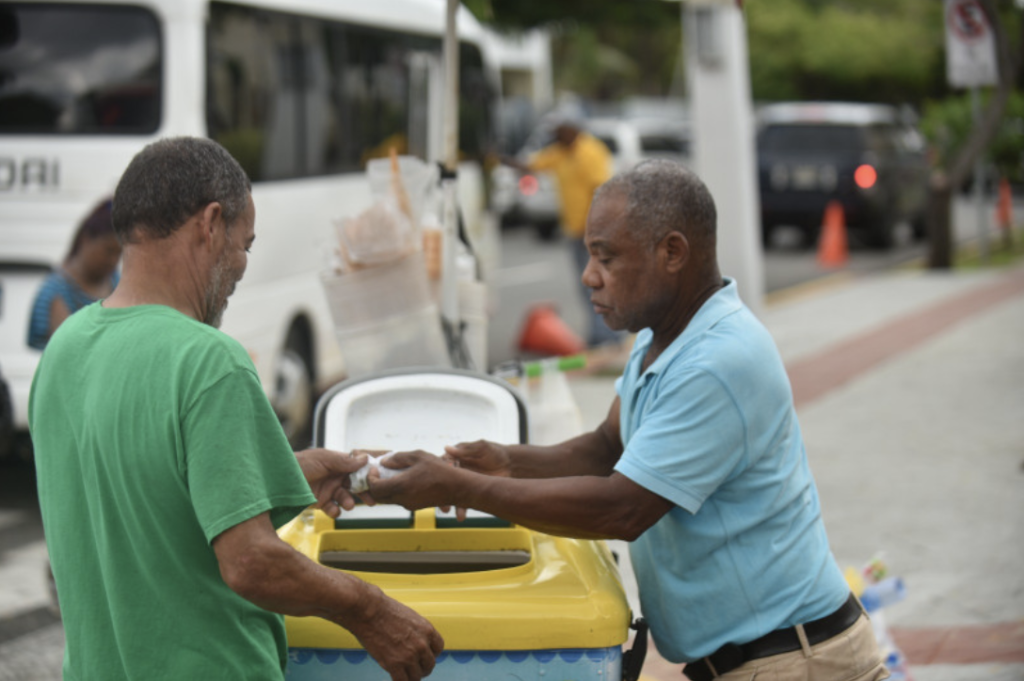
In the Dominican Republic, most people are employed in small entities known as “micro-businesses.” The definition of a micro-business is “no more than 10 employees, and gross incomes of less than RD$9,118, 990.74 per year.
For years, it has been known that more than 50% of all employees are not registered with any government agency for social security or health benefits, and this is known as the “informal” sector.
A recent study, sponsored by the International Labor Organization (ILO) and the Business Confederation of the Dominican Republic (Copardom) now shows that most of these small enterprises choose not to register their employees because of the costs associated with being formally registered.
The study reveals that a major factor behind the lack of enthusiasm for government registration is the bureaucratic labyrinth that needs to be traveled.
To carry out the study, over 1,000 businesses of different sizes were surveyed.
On the question of whether registering the company is too much paperwork, both those operating in the informal sector and those already in the formal sector said red tape is a major drawback. Regarding taxes that need to be paid after registration, those in the informal sector stressed these were too high.
And in most of the other metrics, the results were the same, especially in stating why the businesses preferred not to register. “Because it costs too much” was listed by 64% of the respondents in the informal sector.
The Copardom spokesperson noted that the drive towards formal registration of businesses of all sizes is necessary to be able to provide needed social and health services to the men and women who work in these companies.
Read more in Spanish:
Diario Libre
Listin Diario
12 February 2024

